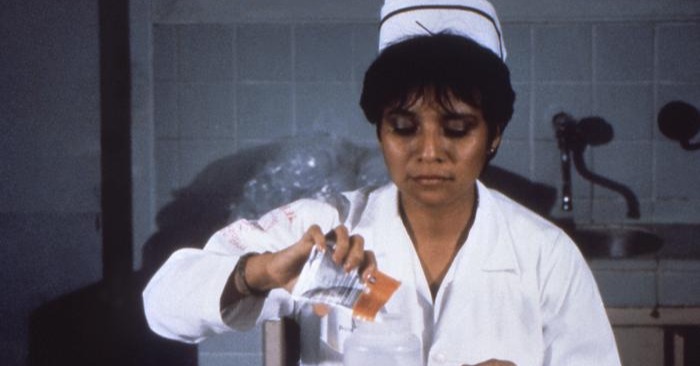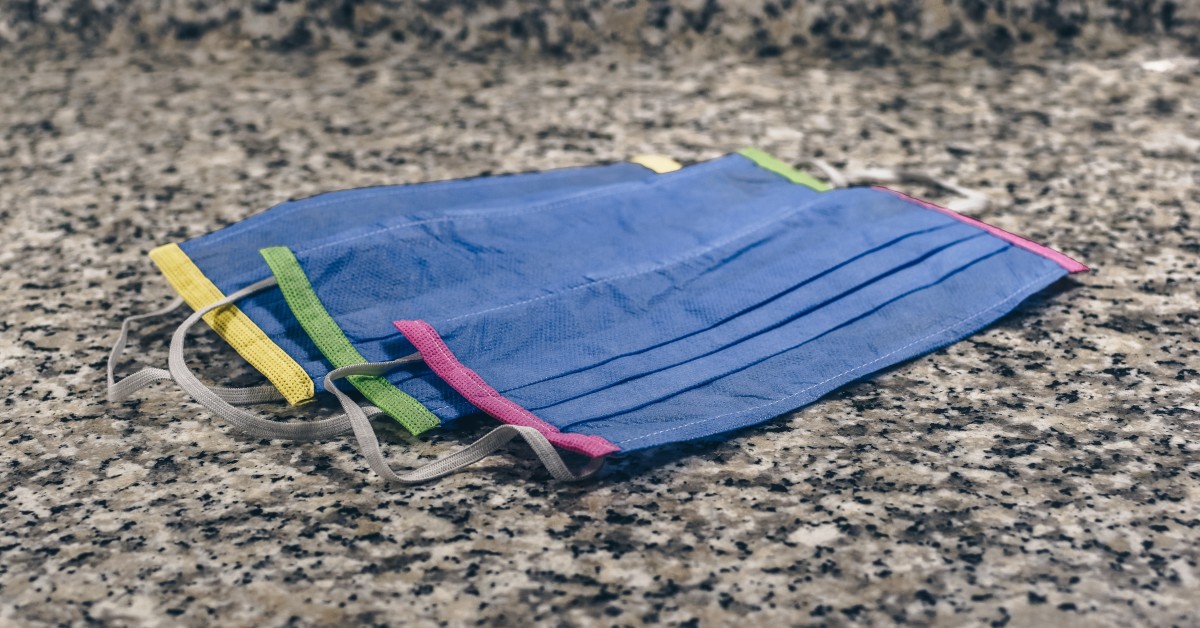
How Much Do Substance Abuse Social Workers Earn?
Top earners in substance abuse social work can earn over [...]

If you are a practicing registered nurse (RN) with a collaborative work style, great communication and people skills, and an interest in the holistic care of both bodies and minds, you should consider becoming a psychiatric mental health nurse practitioner (PMHNP). This advanced practice registered nursing (APRN) position is in high demand, in part because of the graying of the psychiatric field and the increasing gap in available care for people managing mental illness or substance abuse.
RNs interested in meeting the need for psychiatric mental health nurses must upgrade their nursing certification and earn a master’s degree in nursing (MSN). An accredited PMHNP MSN program prepares students for the Psychiatric-Mental Health Nurse Practitioner (Across the Lifespan) Certification (PMHNP-BC)
exam from the American Nurses Credentialing Center (ANCC).
Board-certified PMHNPs work with clients who need acute or long-term care in a variety of settings, including hospitals and mental healthcare clinics, as well as in non-clinical environments like schools and correctional facilities. Psychiatric mental health nurse practitioners generally work autonomously and are licensed to prescribe medications and oversee comprehensive care, though this varies by state. All PMHNPs, including those in private practice, work collaboratively with primary care physicians, pediatric specialists, and psychiatric doctors to develop effective treatment plans for patient care.
According to the American Association of Nurse Practitioners (AANP), of the more than 355,000 nurse practitioners licensed in the US, only 4.7 percent are certified in psychiatric/mental healthcare. More are needed.
This article discusses board certification for psychiatric mental health nurse practitioners. It also explores:
To become a psychiatric mental health nurse practitioner, first earn an active RN license and enhance your skills and BSN credentials by pursuing a PMHNP MSN. This master’s degree equips nursing professionals with the knowledge and expertise they need for successful careers as psychiatric mental health nurses (PMHN).
While each accredited PMHNP master’s program has a unique approach, all offer graduate-level coursework in advanced pathophysiology/physiology with principles across the lifespan, advanced health assessment, concepts, techniques, and approaches for human systems, and advanced pharmacology studies. In addition, eag provides classes on health promotion and maintenance, disease management and differential diagnosis, clinical work with non/pharmacologic prescriptions, and clinical training in two or more psychotherapeutic treatment modalities. You can earn your PMHNP MSN online from a number of schools; the Yale School of Nursing will begin offering the degree online starting in the summer of 2023.
Once their MSN coursework and clinical experience are completed, newly minted PMHNP graduates take the Psychiatric Mental Health Nurse Practitioner (Across the Lifespan) Certification (PMHNP-BC) exam. Passing the PMHNP-BC allows them to pursue state licensure to practice as advanced practice registered nurses (APRN) with the psychiatric mental health nursing certification. The PMHNP-BC credential follows the Consensus Model for APRN regulation for licensure, accreditation, certification, and education. It is accredited by the Accreditation Board for Specialty Nursing Certification (ANCC).
To qualify, PMHNP-BC exam applicants must hold an active RN license in the US states or territories, as well as a master’s, doctoral degree (DNP), or post-graduate certificate from an accredited PMHNP nursing program that includes at least 500 faculty-supervised hours of clinical practice and clinical training in two psychotherapeutic treatment modalities.
The PMHNP-BC exam is offered year-round at hundreds of testing centers across the US. Applicants apply for authorization to test by completing the ANCC online application and submitting their transcripts for validation. Once these steps are completed, applicants schedule an exam date. Test takers must provide a photo ID at the testing center to be admitted to the exam.
Test takers have 3.5 hours to complete the 175-question test, 25 of which are not scored. Any unanswered questions are marked incorrect. Since this is a software-based exam, test results are available immediately after the exam is completed.
The test material spans five content domains:
After passing the PMHNP-BC exam, PMHNPs use this credential to secure state licensure to practice. Since every state has unique licensing and practice regulations, it’s crucial to know the law where you plan to work. (It’s also worth mentioning that PMHNP salaries vary significantly by state).
There are three types of PMHNP state practice environments:
The scope of nurse practitioners’ full practice varies by state, so PMHNPs need to research things like signature authority and the number of contact hours required for licensure.
Questions or feedback? Email editor@noodle.com

Top earners in substance abuse social work can earn over [...]

Becoming a nurse practitioner can be arduous. The journey requires [...]

A Doctor of Nursing Practice (DNP) degree qualifies you for [...]

Licenced practical nurses (LPNs) deliver essential services to patients across [...]
Categorized as: Advanced Practice Nursing, Nurse Practitioner, Nursing & Healthcare